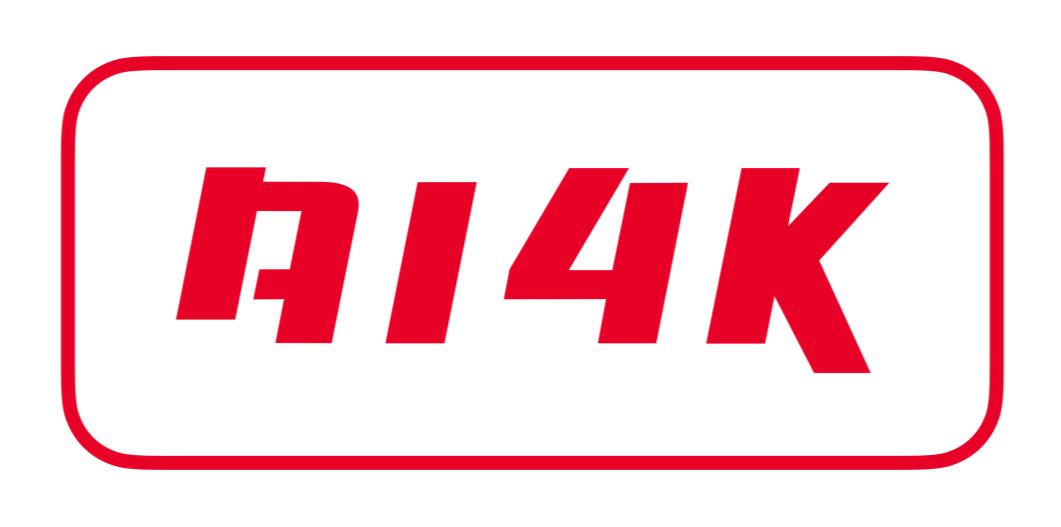On-page SEO strategies
What are the best on-page SEO strategies to optimize my website’s content?
“I run a small bakery website and want to improve its visibility in search results. What are some specific on-page SEO tactics I can implement to enhance my product pages and attract more organic traffic?”
On-page SEO strategies
Optimize your product pages by including relevant keywords in titles, headings, and meta descriptions. Improve readability by using descriptive headings, bullet points, and concise paragraphs. Incorporate high-quality images with descriptive alt text and optimize page loading speed for a better user experience and search engine ranking.
Website’s loading speed
How can I improve my website’s loading speed to boost SEO performance?
“My photography portfolio website seems to be loading slowly, which I’m worried might be affecting its SEO. Can anyone recommend practical tips or tools to help me optimize my site’s speed and improve its search engine ranking?”
Improving website loading speed
Use tools like Google PageSpeed Insights or GTmetrix to analyze your website’s speed performance and identify areas for improvement. Consider optimizing images, minimizing CSS and JavaScript files, leveraging browser caching, and upgrading your hosting plan if necessary. Faster loading times not only improve SEO but also enhance user satisfaction and reduce bounce rates.
Effective off-page SEO techniques
What are some effective off-page SEO techniques to build quality backlinks?
“As a freelance graphic designer, I’m struggling to acquire backlinks to my portfolio website. Could anyone suggest creative off-page SEO strategies or outreach methods to attract authoritative websites to link to my work?”
Effective off-page SEO techniques
Focus on building high-quality backlinks from authoritative websites within your niche through guest blogging, influencer outreach, and social media engagement. Ensure that your backlinks come from relevant and reputable sources to boost your website’s credibility and authority in the eyes of search engines.
Technical SEO issues
How do I identify and fix technical SEO issues on my website?
“I recently noticed a drop in my website’s search rankings and suspect there might be technical SEO issues causing it. Can someone guide me on how to conduct a thorough audit and fix any underlying technical problems affecting my site’s performance in search engines?”
Identifying and fixing technical SEO issues
Conduct a comprehensive technical SEO audit using tools like Screaming Frog or SEMrush to identify issues such as broken links, duplicate content, or crawl errors. Address any issues promptly by fixing broken links, optimizing website structure, and implementing schema markup to enhance search engine visibility and indexing.
SEO-friendly content
What role does content quality play in SEO, and how can I create SEO-friendly content?
“I’m a blogger focusing on travel tips, but I’m not sure if my content is optimized for SEO. Can anyone provide insights on how to strike a balance between engaging, high-quality content and SEO optimization techniques to improve my blog’s visibility?”
Content quality and SEO
Prioritize creating valuable, informative, and engaging content that resonates with your target audience while incorporating relevant keywords naturally. Aim for long-form content that thoroughly addresses user queries and provides actionable insights. Regularly update and refresh your content to maintain relevance and improve search engine rankings over time.
Local SEO optimization
What are the most important factors to consider for local SEO optimization?
“I own a small coffee shop and want to attract more local customers through online searches. What are the key factors I should focus on for local SEO optimization, especially in terms of Google My Business, local citations, and geo-targeted keywords?”
Factors for local SEO optimization
Optimize your Google My Business profile with accurate business information, including name, address, phone number, and business hours. Encourage positive reviews from satisfied customers and actively manage your online reputation. Leverage local keywords and geo-targeted content to attract nearby customers and improve visibility in local search results.
Keyword research
How do I conduct keyword research and integrate keywords effectively into my website?
“I’m redesigning my online boutique’s website and want to incorporate effective keyword strategies to attract more customers. Can anyone recommend user-friendly tools or methodologies for conducting keyword research and integrating relevant keywords seamlessly into my product descriptions and meta tags?”
Keyword research and integration
Utilize keyword research tools like SEMrush, Ahrefs, or Google Keyword Planner to identify relevant keywords with high search volume and low competition. Incorporate target keywords naturally into your website’s meta tags, headings, body content, and image alt attributes. Focus on user intent and provide valuable content that aligns with search queries to improve organic visibility.
Algorithm updates
What are the latest algorithm updates from search engines, and how do they impact SEO?
“I’ve heard about Google’s recent algorithm updates, but I’m not sure how they might affect my website’s SEO strategy. Could someone provide insights or resources on the latest changes and how website owners can adapt their SEO practices accordingly?”
Latest algorithm updates and SEO impact
Stay updated on search engine algorithm changes through reputable SEO news sources and official announcements from search engines like Google. Monitor your website’s performance regularly and adapt your SEO strategy accordingly to align with the latest best practices and algorithm updates. Focus on providing high-quality content and a positive user experience to maintain long-term SEO success.
Website for mobile devices
How can I optimize my website for mobile devices to improve SEO rankings?
“I’ve noticed that most of my website traffic comes from mobile users, and I want to ensure my site is optimized for their experience. What are some mobile SEO best practices or responsive design tips I can implement to enhance user engagement and improve my site’s search engine rankings?”
Optimizing for mobile devices
Implement a responsive web design that adapts seamlessly to various screen sizes and devices, ensuring a consistent user experience across desktop, mobile, and tablet devices. Optimize page loading speed, prioritize mobile-friendly navigation, and use mobile-specific features like click-to-call buttons or location-based services to enhance user engagement and improve mobile SEO rankings.
Common SEO mistakes
What are some common SEO mistakes to avoid, and how can I rectify them?
“I’ve been struggling to improve my website’s SEO performance and suspect I might be making some common mistakes. Can anyone share insights on typical SEO pitfalls to avoid, along with actionable steps to correct them and enhance my site’s visibility in search results?”
Common SEO mistakes to avoid
Avoid keyword stuffing, which can harm your website’s credibility and lead to penalties from search engines. Don’t neglect technical SEO aspects such as site speed, mobile optimization, and proper URL structure. Focus on quality over quantity when building backlinks and prioritize user experience in your website design and content strategy. Regularly monitor your website’s performance and address any issues promptly to maintain optimal SEO health.




